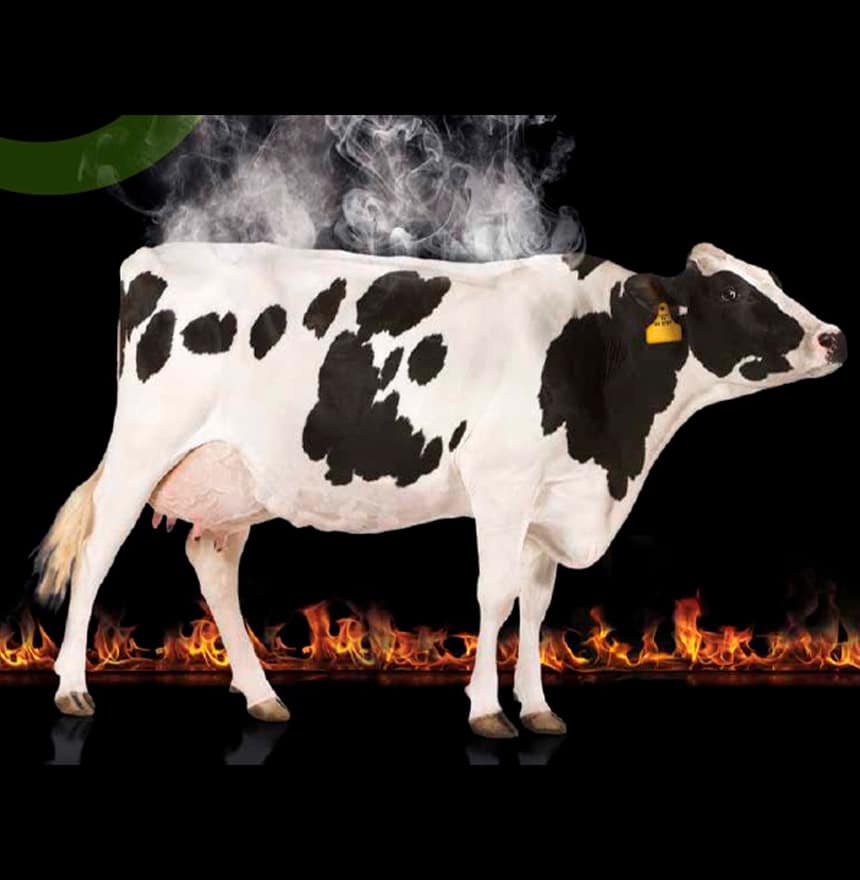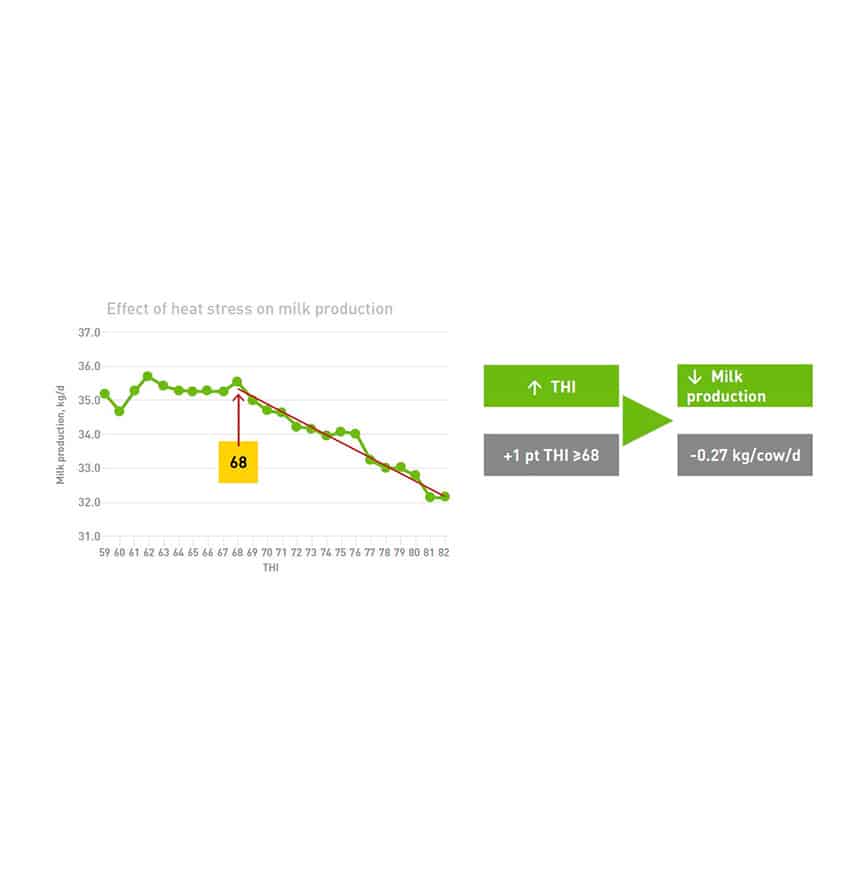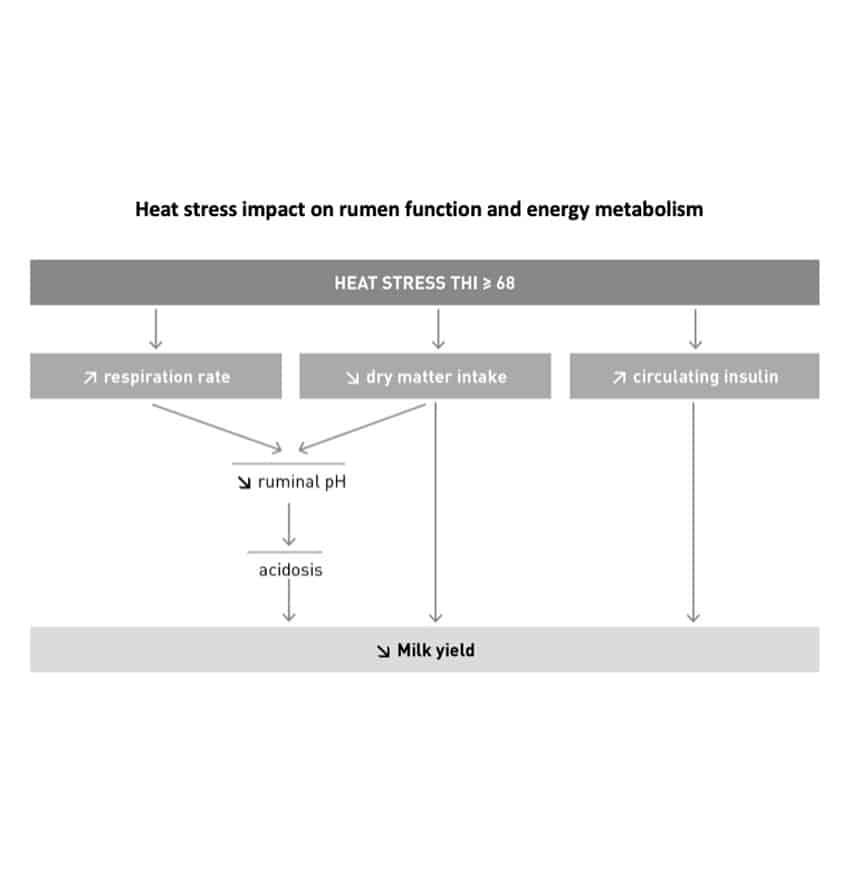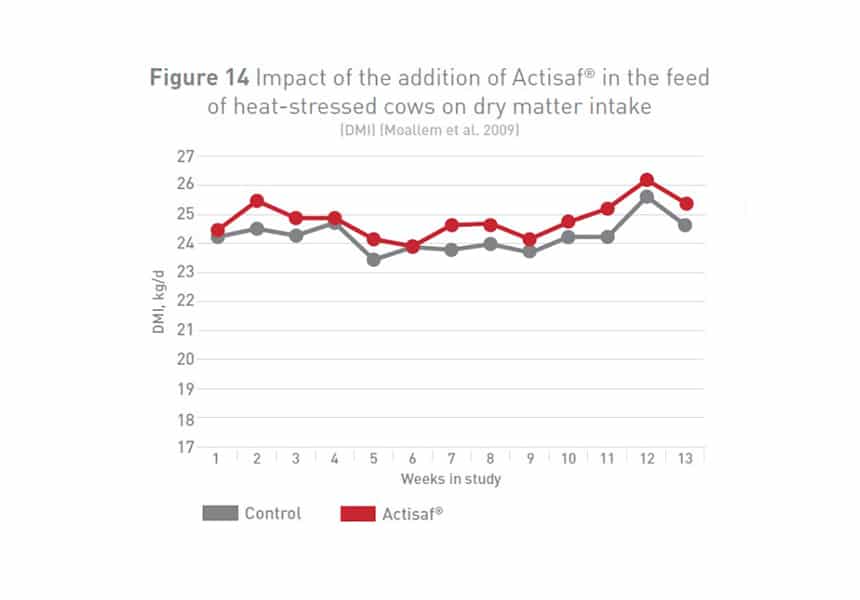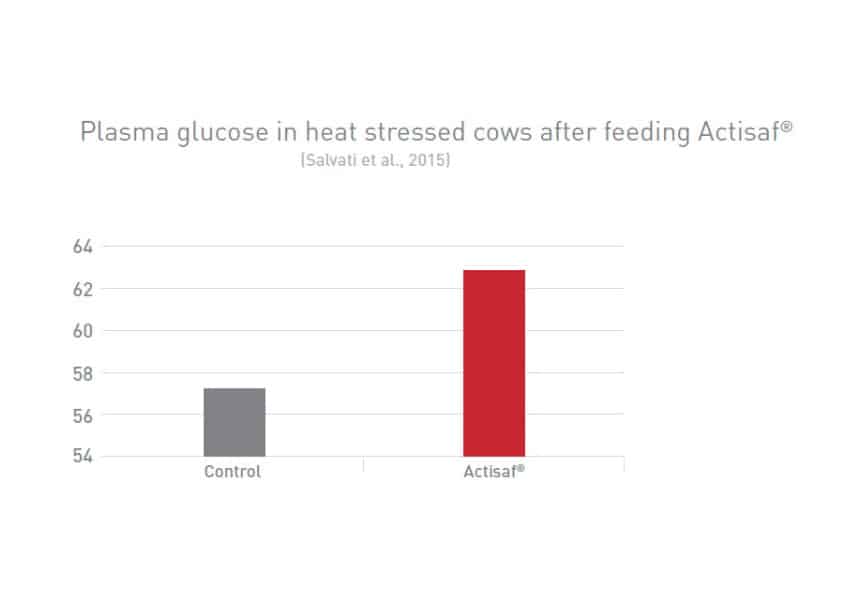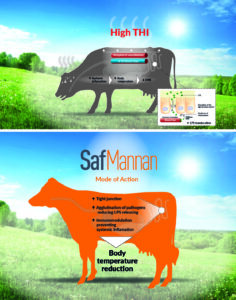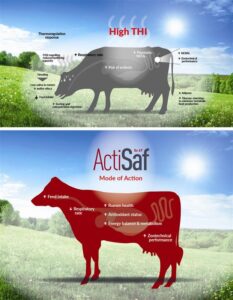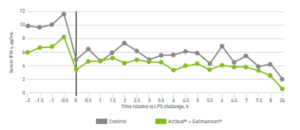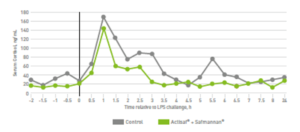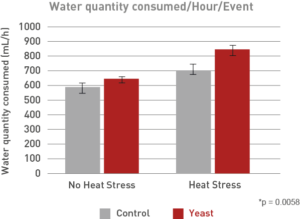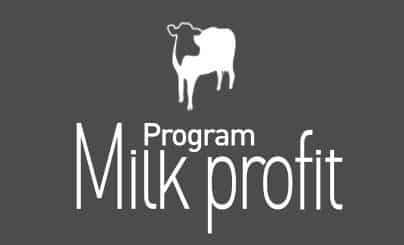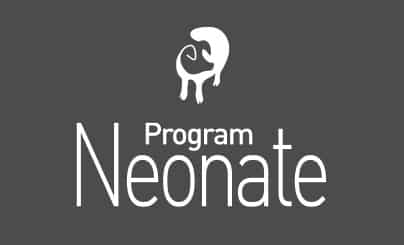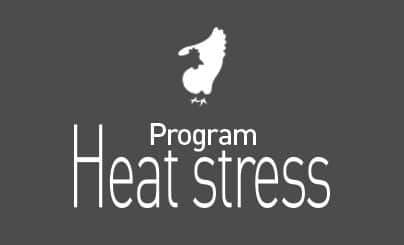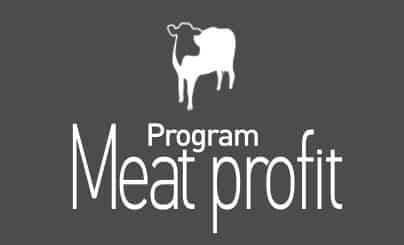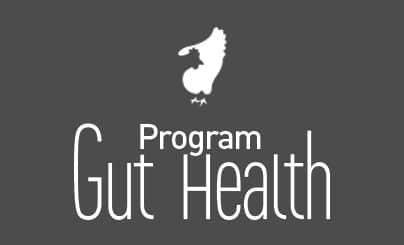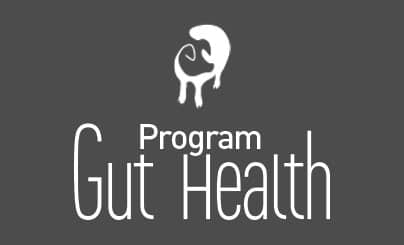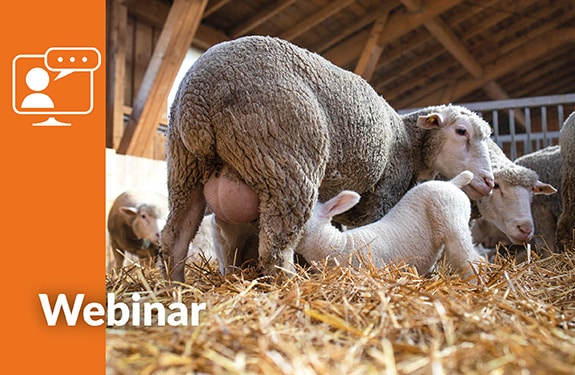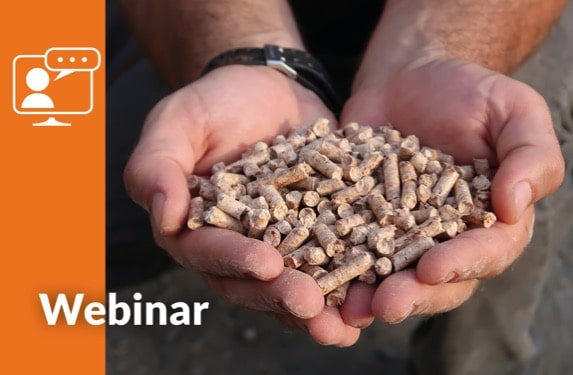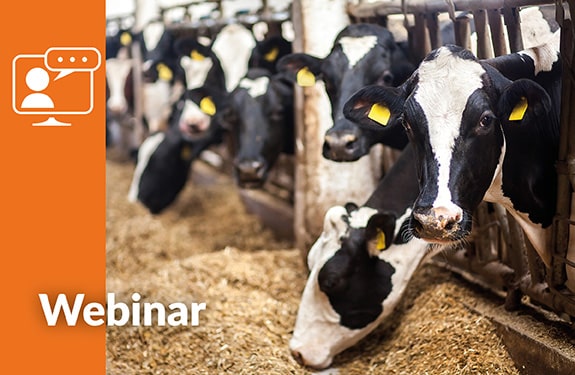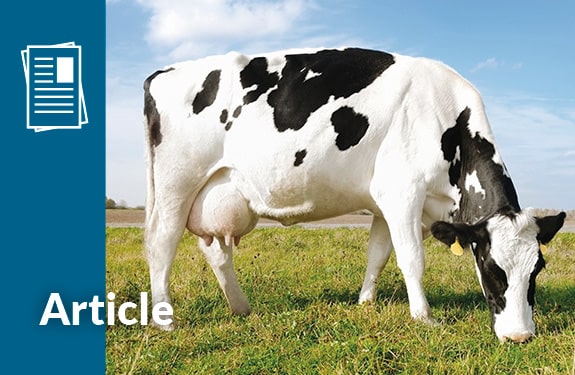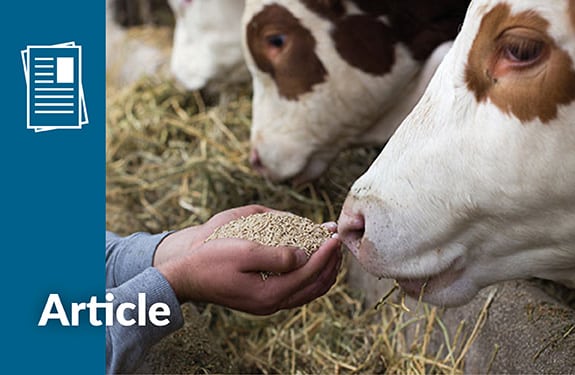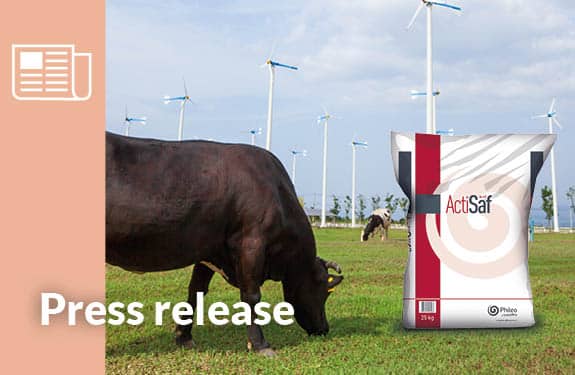Dairy Program Heat Stress
Heat stress is defined as an increase of core body temperature above its normal range due to increased total heat load, exceeding the capacity for heat dissipation. Heat stress modifies feed intake, cow behaviour, maintenance requirements, and metabolic processes. This has tremendous consequences for feed efficiency, milk yields, reproductive efficiency, and disease incidence.
The combination of ambient temperature and humidity (THI) determines the level of heat stress.
Heat-stressed animals reduce their feed intake. This is presumably a survival strategy, especially in ruminants, as digesting and processing nutrients generates heat (i.e. thermic effects of feeding). It has traditionally been assumed that inadequate feed intake caused by the thermal load is responsible for decreased milk production (Fuquay, 1981; DeShazer et al., 2009).

Improving rumen function with yeast probiotic Actisaf® Sc 47
Studies have demonstrated that feed supplementation with Actisaf® Sc 47 enables rumen redox potential to be reduced. This leads to better fibre digestion, as well as increased anaerobic bacterial activity and lactate-utilising bacteria. These benefits have been achieved under challenging heat stress conditions.
Adding Actisaf® Sc 47 to the feed of heat-stressed cows reduced negative impacts through increasing dry matter intake and milk yields, and improving feed conversion rates.
Actisaf® Sc 47 restores positive energy balance
Adding Actisaf® to the diet of heat-stressed cows also changes some important blood parameters, like glucose which has a direct impact on cows’ physiology and metabolism.
Enhancing resilience under heat stress
The supplementation with Actisaf® and Safmannan® has been shown to reduce cortisol levels and inflammatory parameters during heat stress conditions. In parallel, it has increased the number of times the animals drink water per hour, helping to mitigate the impact on body temperature.
Dairy and livestock producers are all too familiar with the challenges posed by heat stress, which can significantly impact animal performance and well-being. However, the strategic use of Actisaf® and Safmannan® can help mitigate these negative effects.
Studies have shown that supplementing animals with Actisaf® and Safmannan® during heat stress conditions can reduce cortisol levels and inflammatory parameters. Importantly, it has also been observed that the animals increase the frequency of water intake, helping to regulate their body temperature. By addressing the physiological and metabolic changes associated with heat stress, this synergic effect supports the animals’ resilience and helps maintain optimal productivity, even in challenging environmental conditions.
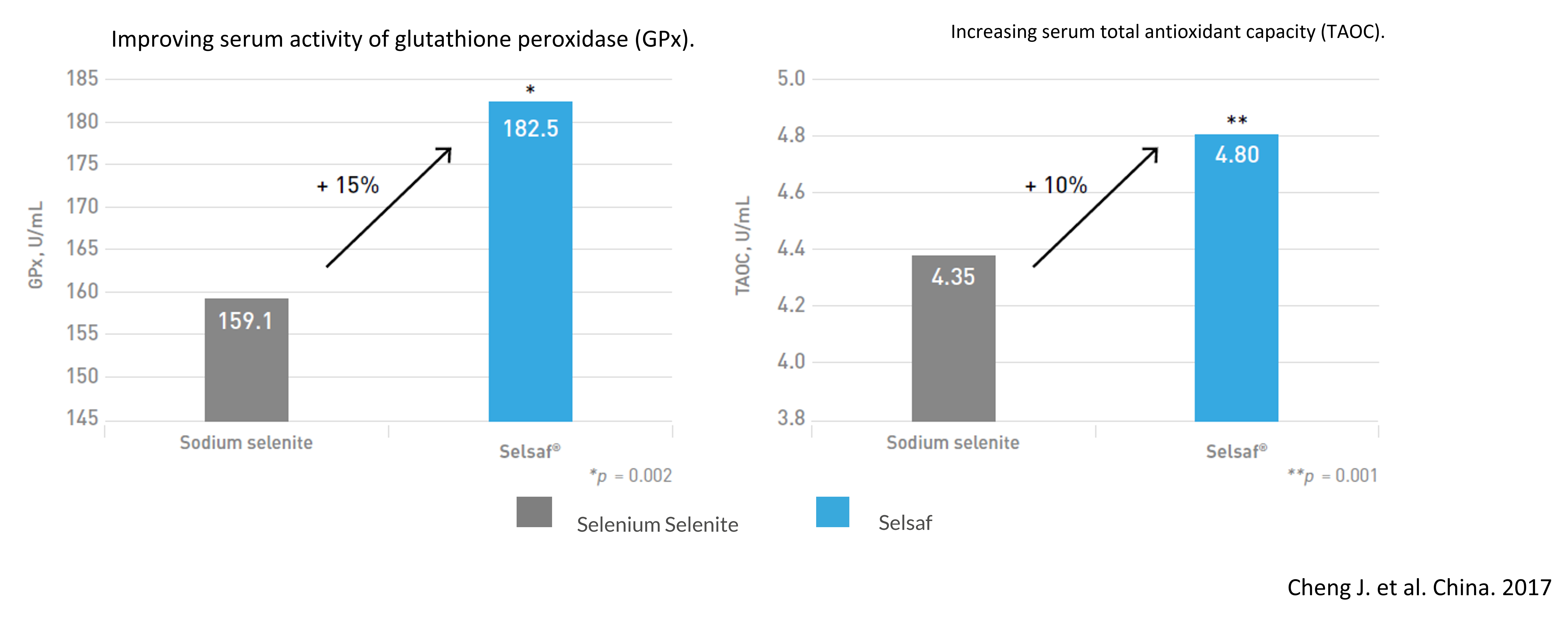
Improving comfort and antioxidant status
Results demonstrated that cows that were fed Selsaf® had significantly lower body temperatures and higher serum glutathione peroxidase (GPx) activity than cows that were given sodium selenite. Better antioxidant status has been proven to improve overall health and reduce serum cortisol levels.










